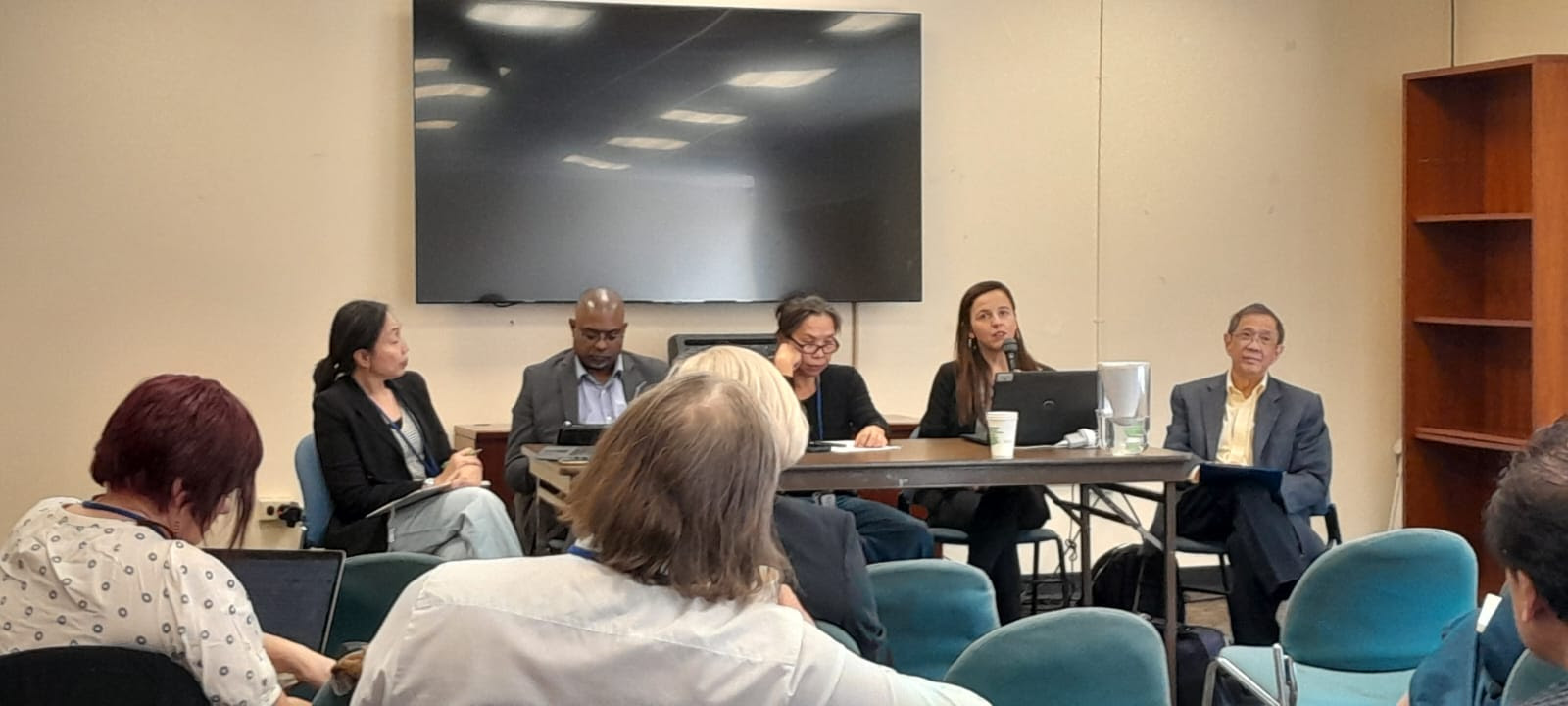Rev. Philip Vinod Peacock from the World Communion of Reformed Churches connected these economic realities to faith perspectives. "There can be no silos between the ethical/moral and the economic and political," he said. "The biblical vision of jubilee calls for the cancellation of debts, liberation from enslaving economic systems and rest of the land." Peacock outlined practical steps for faith-based and civil society organizations: "What can we do to break down the silos between climate, debt, and tax policy? We need to highlight the connections between climate, debt, and tax. We need to develop relationships. And we need to build solidarity across impacted communities and movements fighting for climate, debt, and tax justice." In closing the event, Athena Peralta, WCC director of the WCC Commission on Climate Justice and Sustainable Development, highlighted two key WCC campaigns addressing these interconnected issues: the "Turn Debt into Hope" campaign, which advocates for debt cancellation and just financial relations, and the "ZacTax" campaign, which promotes progressive taxation and economic justice. The side event was co-organized by the WCC, World Communion of Reformed Churches, Lutheran World Federation, World Methodist Council, Council for World Mission, Christian Aid, and ACT Alliance. Zacchaeus Campaign Turn debt into hope Campaign Faith leaders call for urgent economic transformation to combat inequality and climate crisis (News Release, 15 April 2025) WCC calls for action on climate finance, debt cancellation, and tax justice at UN Human Rights Council (News Release, 18 March 2025) Turn Debt into Hope: A faith-driven call for justice and sustainability (News Release, 04 February 2025) | 




No comments:
Post a Comment